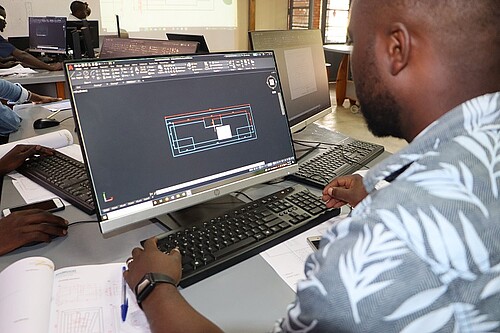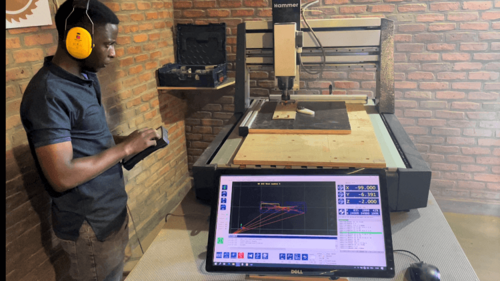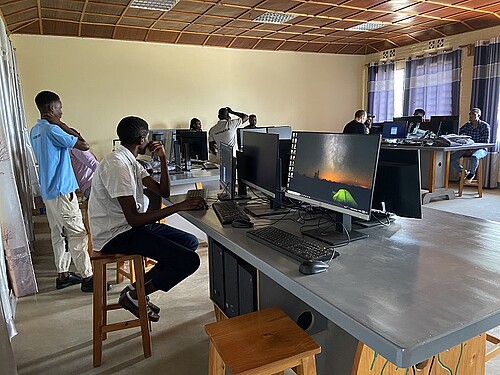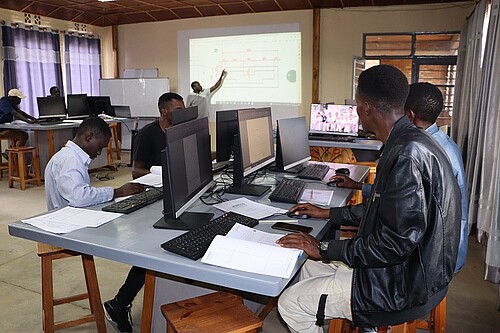Concept (hybrid) African furniture handbook
background
there a good number of books for furniture design and production in English language available on the international market- however, these books including training books for joinery and carpentry are often very specific for the respective context of use, published by governmental bodies or business-related associations. Unfortunately, such training books are not available for the African context. Therefore, international books, booklets or abstracts are- if available- used with (or without) individual adaptions be the trainers and/or users. This can be seen as one of the reasons, why foundational professional knowledge within the wood sector in many African countries is quite limited.
challenge
during the past 2 years, proWOOD has supported the wood sector in Rwanda including TVET institutions in capacity and business development, using hand-outs and physical trainings for learning and teaching. Many carpenters´ and joiners´ have raised the issue of missing certification due to an informal learning environment in the sector as well as non- existing opportunities to learn about their profession in their local language. Many carpenter´s and joiner´s use – if wireless access points are available- you tube tutorials for technical improvement.
question
is there a chance to support the sector with foundational guidance including media applications to improve learning and competence development? Could such foundational guidance also support an official educational certification within the education system? Is it possible to access digital media/ sources for interactive learning without high financial investment and running costs?
approach
the foreseen approach combines different measures to answer the formulated demand:
- Provision of a physical English handbook with an adapted content to the African context on basic level bridging current practices and international furniture construction standards.
- Bi-lingual physical edition to enable local and remote crafts communities to improve working conditions and production standards without a major focus on communication barriers and promoting acceptance among local craftspeople.
- Inclusion of digital media in use of the handbook via QR code including additional information provision, video tutorials, interactive sessions, and digital assessments.
- Provision of an offline and off-grid solution to benefit from a hybrid use of the African furniture handbook with low investment and no running and managing costs for digital service provision.
- Close collaboration with national TVET authorities to adapt the African furniture book as basic knowledge source for prior learning recognition, supporting a valuable transition from informal learning into formal qualification.
realization
including a continuous learning and improvement cycle with local craftspeople, teachers as well as national and international experts planned between March and October 2024 within proWOOD activities.
For further information please contact: Mr. Tim Bluthardt (
)




